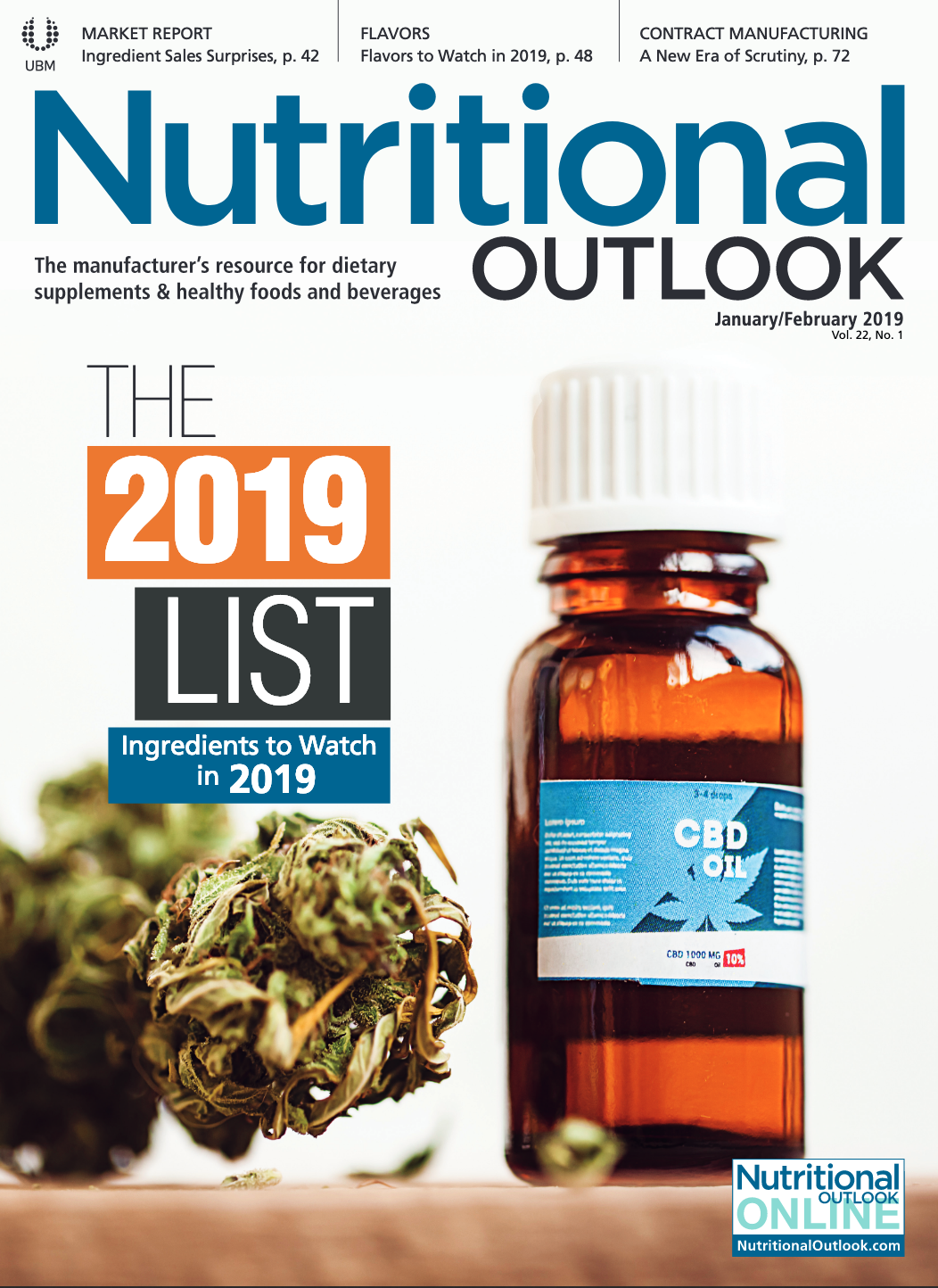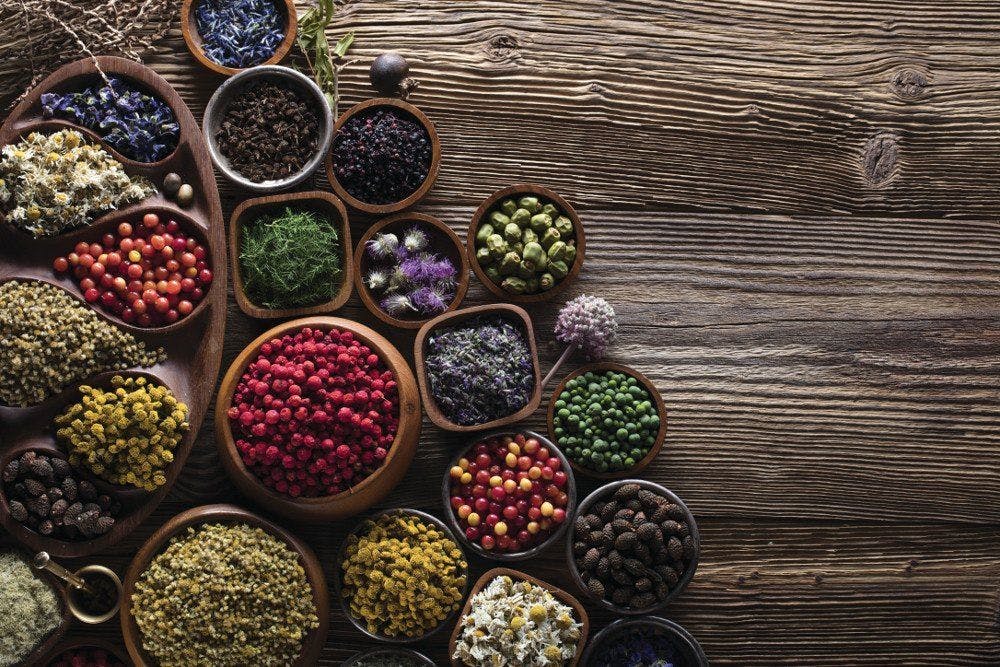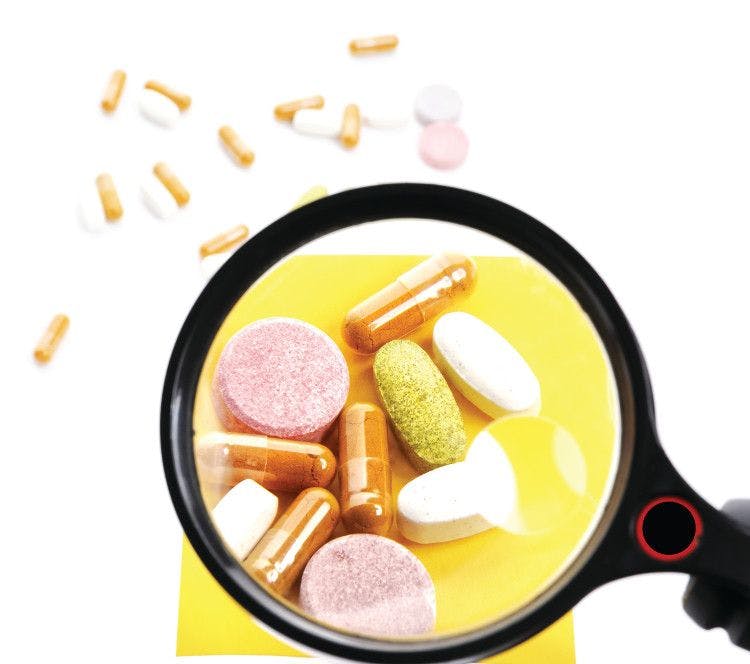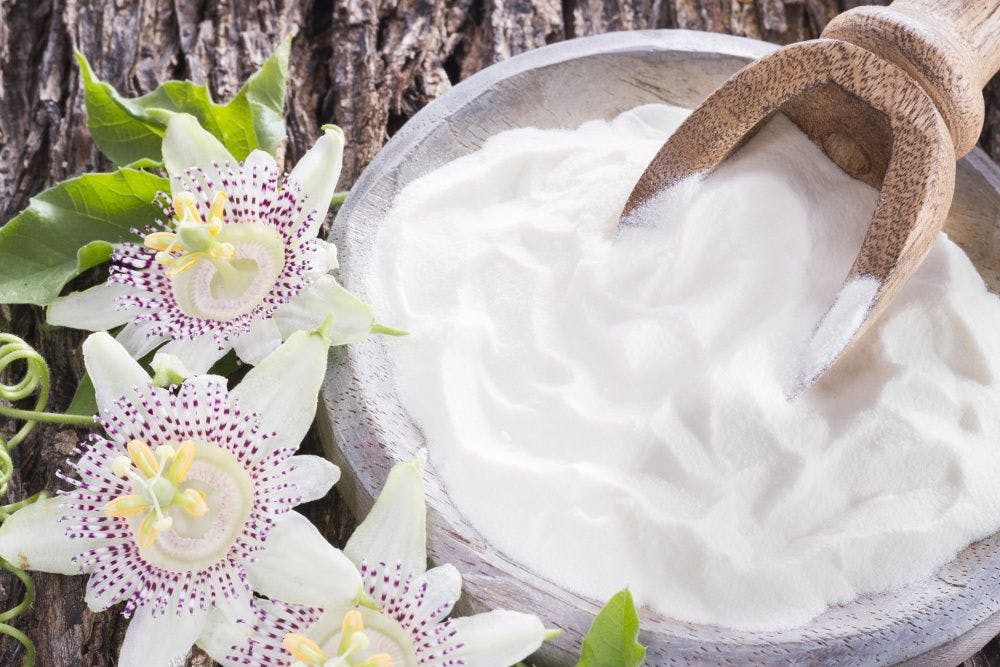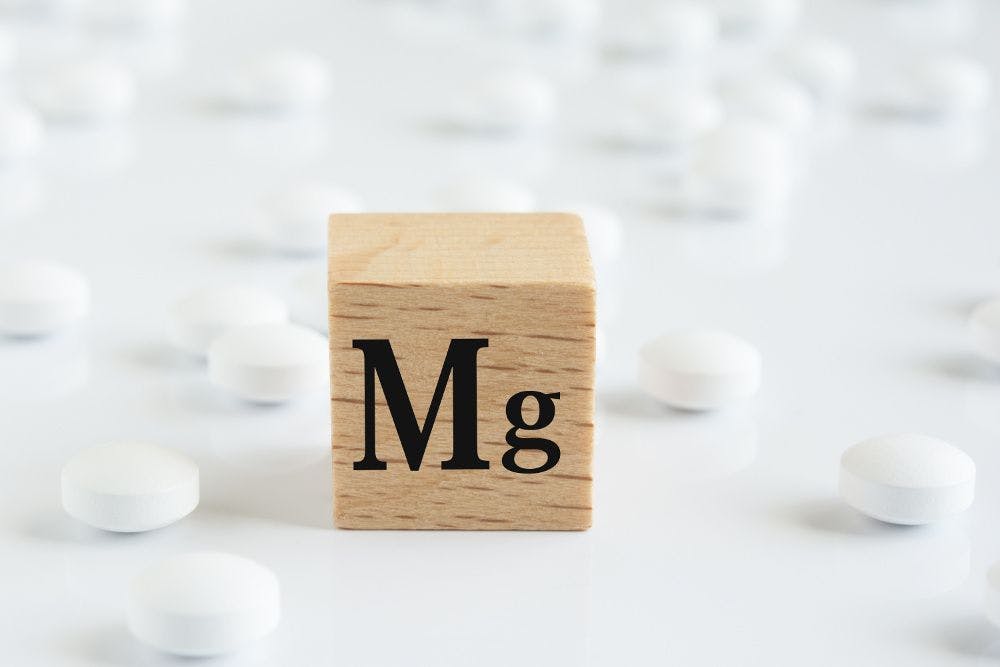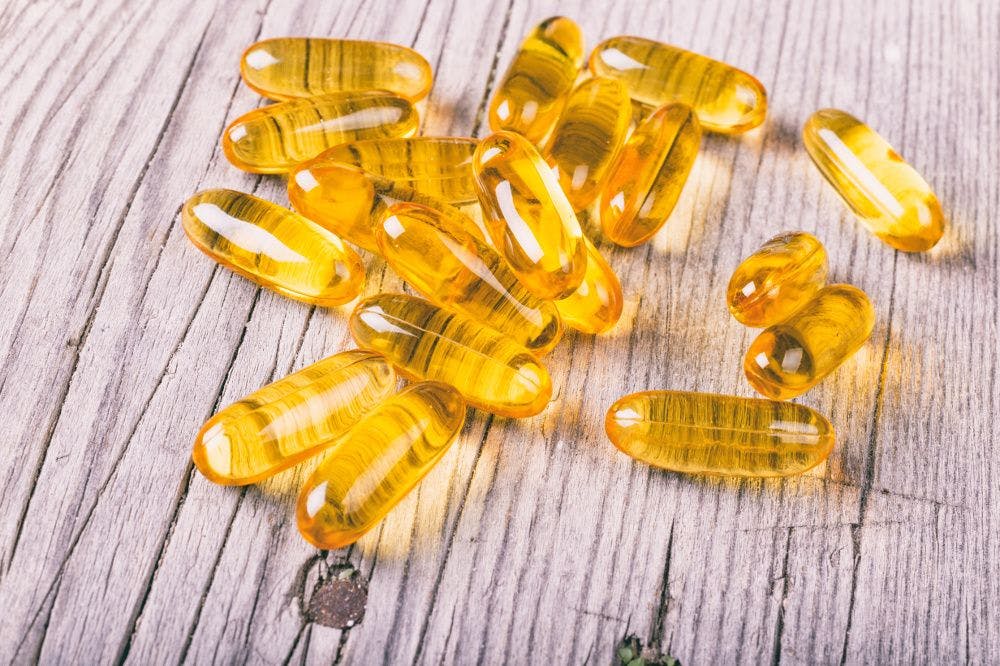Immune-health ingredient update 2019
Market research indicates that today’s consumers are spending more on immune-health supplements than ever. Ahead, a look at some of the latest studies on immune-health ingredients.
Photo © AdobeStock.com/Nichizhenova Elena

Flu season 2017-18 was among the severest on record, per the U.S. Centers for Disease Control and Prevention. And thanks to an early start and doozy of a dominating strain-the dreaded H3N2-Influenza Battle 2018-19 is shaping up to be just as bad. So aside from the usual measures like frequent handwashing, getting a flu vaccine, and avoiding crowds of sick and sniffly people, what’s a prudent civilian to do to avoid falling prey to this year’s bug?
Develop a stronger immune system, that’s what. And with the right mix of science-backed supplements, doing so isn’t as far-fetched as it seems.
Science has long acknowledged the relationship between diet, nutrition, and immunity, and as contemporary researchers investigate its finer points, they’re vindicating a veritable pharmacopeia of substances that strengthen our inner defenses against the outside world.
That’s not just good news during cold and flu season, either; in our chronically “stressed-out” age, there’s never a bad time to improve immunity-or, in the case of supplement brands, to add immune-boosting ingredients to product lineups.
Immunity on the Mind
Consumers clearly have immunity on the mind. As Donald Cox, PhD, R&D director for Wellmune and GanedenBC30 at Kerry (Mayfield Heights, OH), observes, “Good immune health is the foundation of a high quality of life, and the cornerstone of the holistic approach to wellness that people today are seeking.” The upshot: “Immune health,” he declares, “is a large and growing market.”
Indeed, a 2016 Harvard Opinion Research Program study of 1,579 adults ranked immune health among the top-three reasons people sought supplements, besting heart disease and cholesterol, weight control, and digestion.
“These consumers are spending money on immune health, as well,” adds Emily Pankow Fritz, PhD, technical services manager, active wellness platform, Kemin (Des Moines, IA). In its December 2017 report, “Immune Health Supplements Market: Global Industry Analysis and Forecast 2017-2025,” Persistence Market Research estimated the value of the global immune-health supplement market at $14.4 billion in 2017, and with a predicted CAGR of 7%, that value looks likely to increase to $25 billion by 2025. “That’s growth of 73.6% in eight years,” Pankow notes.
Yet consumers don’t have to be fighting the flu-or aiming to avoid it-to benefit from immune-health supplements. As researchers at GlobalData reported in “Top Trends in Healthcare and OTC, 2017,” concerns about stress motivate fully 75% of shoppers who purchase OTC medication, dietary supplements, functional food and beverages, and sports nutrition products. And as Cox points out, “One of the most detrimental effects of stress includes the suppression of the immune system and, therefore, a greater risk of illness.”
Something for Everyone
Indeed, Cox emphasizes, “Young or old, stress affects us all.” So young and old can all benefit from some immune boosting.
“For parents of young children,” Cox notes, “keeping them well is a top concern because it’s not just the children’s health at stake, but that of the entire family.” Thus more parents are turning to immune-boosting functional foods, beverages, and supplements to “proactively support” their children’s health, he says.
Then there’s the senior sector, for whom immune protection has always been a heightened concern. As the United Nations’ 2015 World Population Aging report notes, the global population over aged 60 is expected to grow by 56% by 2030, “and products with immune benefits for this group represent a prime opportunity,” says Cox.
Another opportunity lies in gyms and rec centers across the nation. As John Deaton, PhD, vice president of science and technology, Deerland Probiotics & Enzymes (Kennesaw, GA), says, “We believe that an underserved population consists of athletes and fitness enthusiasts who tend to exercise or compete vigorously.”
That’s because vigorous activity depresses the body’s defenses, rendering active types vulnerable to infections that exploit suppressed mucosal and systemic immunity. “Additionally,” Deaton says, “athletes who become overly fatigued tend to have altered circulating levels of pro- and anti-inflammatory cytokines. For example, higher circulating levels of tumor necrosis factor alpha, or TNF-α, were found in a study of elite male rowers.”
The downstream effects can run to missed training days and workouts, poorer performance, and unmet goals, so the desire among athletes to stay healthy from the start, Cox believes, “presents a clear opportunity for innovators of sports nutrition products with proven immune-health benefits.”
Ingredients in Action
And this is where the right immune-boosting ingredients come in.
“There are effective supplements and natural remedies that help truncate a cold once symptoms first appear, and there are also highly effective supplements that support the immune system’s ability to resist viral activation overall,” says Sam Michini, vice president of marketing and strategy at Deerland.
And those supplements need not be relegated to any single season. As Michini says, “People know that immune support isn’t just for wintertime. And they understand the broader concept that a healthy functioning immune system keeps them pretty healthy throughout the year. This is great news for brand marketers seeking to invest in creating immune-support products.”
Ahead is a small sampling of immune ingredients available, along with the latest findings on why they’re such important players for Team Immunity.
Photo © Shutterstock.com/Dirima

Algal-Source Beta-Glucan and URTI Symptoms in Athletes
Beta-glucans-polysaccharides found in the cell walls of cereals, bacteria, and fungi-have demonstrated immune-boosting properties, and a recent, not-yet-published randomized, double-blind, placebo-controlled clinical trial measured the immune effects on healthy, active subjects of a beta-glucan-containing whole-cell fermentate derived from the algae Euglena gracilis (trade-named BetaVia Complete and produced by Kemin).
Researchers tracked symptoms of upper-respiratory-tract infections (URTI) in endurance-trained subjects and found that over the trial’s 90-day duration, those supplementing with the beta-glucan ingredient-which comprises more than 50% algal-source 1,3-beta glucan and 20% protein-reported fewer sick days and URTI symptoms than those taking the placebo.
“Active individuals who participate in endurance exercise were recruited as subjects because intensive endurance exercise has been associated with altered innate immune function, resulting in the immune system not functioning optimally,” says Pankow Fritz. The study’s results indicate that the ingredient is “helping to support a healthy immune system,” even in athletes’ challenged bodies.
As for how it effects its benefits, Pankow Fritz explains that the body recognizes the beta 1,3 glucan as being of “non-self” origin. “‘Non-self’ substances are referred to as pathogen-associated molecular patterns (PAMPs) and are detected by specialized surface receptors in immune cells,” she says. “Through binding and engulfing the 1,3-beta glucan, these specialized cell surface receptors induce signaling cascades that prime immune cells. The primed immune cells circulate in the body through the lymphatic system to areas where the immune system might be challenged, like the respiratory system.”
Photo © iStockphoto.com/Eraxion
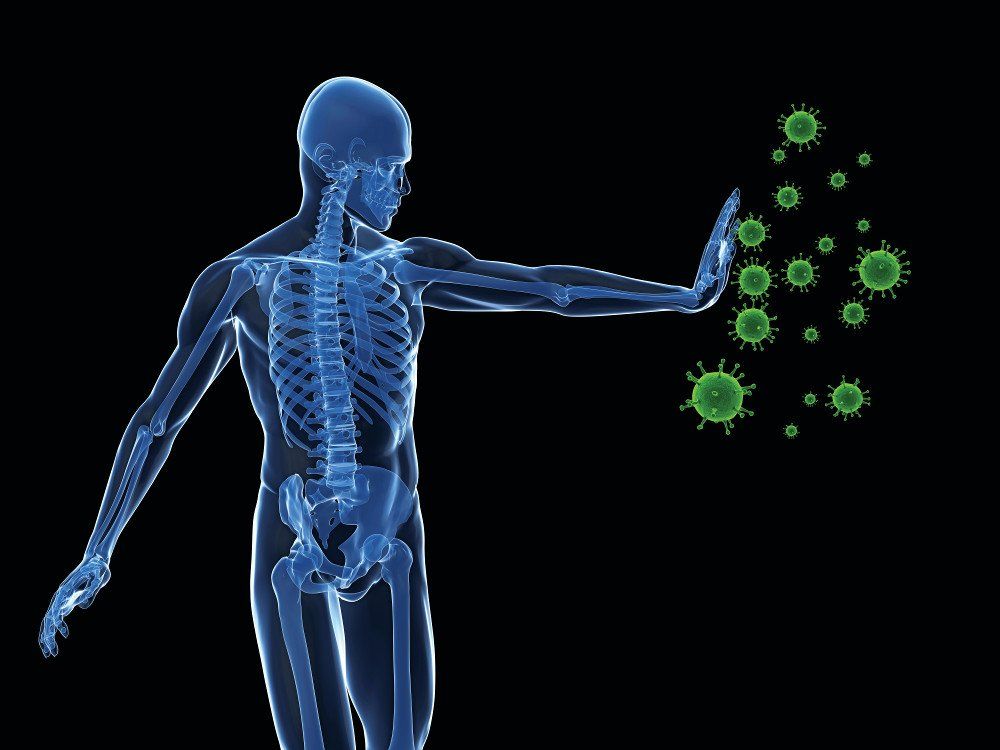
Baker’s Yeast Beta-Glucan Ameliorates URTI Symptoms in Athletes
Adding to the evidence supporting beta-glucans is another study1 published online in October 2018 showing that consumption of foods and drinks formulated with Wellmune, a natural proprietary baker’s yeast 1,3/1,6-beta glucan, is “a promising strategy” for reducing the severity and effect of URTI symptoms associated with intense exercise stress, says Cox.
In the double-blind, randomized, placebo-controlled parallel-design study, healthy adult participants in the 2017 Austin Marathon consumed either a ready-to-drink dairy beverage containing 250 mg of the ingredient or a macronutrient- and calorie-matched dairy beverage control for 45 days prior to the marathon, as well as on the day of and 45 days following. The researchers evaluated URTI occurrence and symptom severity and found that runners in the beta-glucan group experienced a 19% reduction in URTI symptom severity compared to placebo, missed fewer post-marathon workouts because of URTIs, and claimed a total of 10% fewer symptomatic days compared to the control.
When asked about the ingredient’s mechanism of action, Cox referenced the growing body of published, peer-reviewed clinical research indicating that the body absorbs the ingredient through the gut, whereupon macrophages in the digestive tract take it up and carry it to immune organs throughout the body. The macrophages break the ingredient into smaller fragments that bind neutrophils-“the most abundant immune cells in the body,” Cox adds-and these primed neutrophils then “move more quickly to recognize and kill foreign challengers.”
Photo © AdobeStock.com/hoya
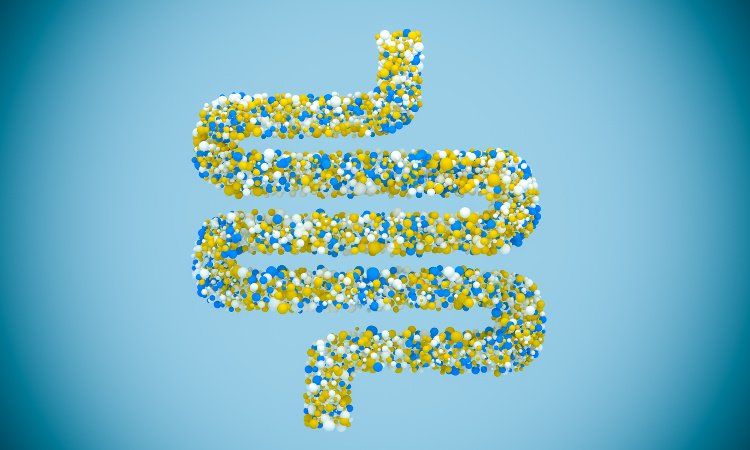
Bacillus subtilis Probiotic Enhances Immunity in Athletes
“We’re understanding more clearly that no system works alone,” says Deaton. “And such is the case between the GI tract and the immune system.” Given that 80% of the immune system resides in the digestive tract-and given probiotics’ role in keeping the latter healthy-it should come as no surprise that probiotics are go-to immunity-enhancing supplements.
A study2 published in July 2018 once again demonstrated this-and like so many others lately, it used athletes’ immunity as the prism through which to view it. Twenty-five Division I male baseball players received either 1 billion CFU of a genome-sequenced probiotic strain of Bacillus subtilis-Deerland’s DE111-or a placebo in a double-blind, placebo-controlled randomized trial. Following 12 weeks of intense training, blood and salivary measures of the subjects’ immune markers and hormonal status taken both before and after showed significantly lower concentrations of TNF-α-an inflammatory marker-in the probiotic group than in those receiving the placebo.
“DE111 has been shown to crowd out E. coli and other undesirable strains, allowing for a proliferation of beneficial bacteria,” explains Michini. It binds to epithelial cells of the intestinal lining, where its propagation strengthens their barrier capacity. What’s more, it forms spores that protect against acidic conditions, allowing it to survive transit to the GI tract, where the environment is ripe for germination.
Photo © AdobeStock.com/nadisja
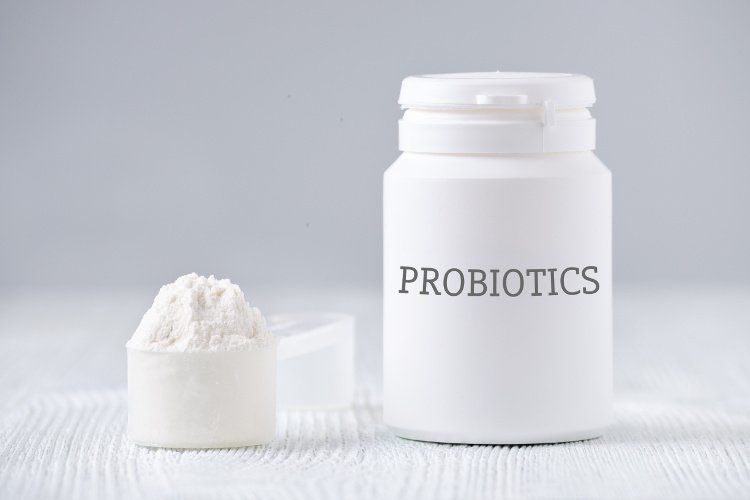
Probiotic Blend Improves Responses to the Common Cold
Another probiotic study publicized in 2018 looked specifically at how a combination of the patented probiotic strains Lactobacillus plantarum Heal9 and Lactobacillus paracasei 8700:2-brand-named Probi Defendum (Probi; Lund, Sweden)-might improve subjects’ responses to the common cold.
Conducted by Probi and involving 900 subjects over three winters, the randomized, double-blind, placebo-controlled human clinical trial-the company’s largest ever-found that subjects receiving one daily dose of the probiotic blend for 12 weeks during winter experienced fewer recurrent common colds. In subjects not suffering from common colds at all, supplementation still appeared to activate the immune system within two weeks of commencement. And during the study’s first winter, the probiotic group reported reduced overall severity of common cold symptoms relative to the placebo group.
In a press statement, Peter Nählstedt, CEO, Probi AB, notes that the company is “proud to conclude that our largest clinical trial so far has successfully confirmed earlier clinical results,” and adds that the rapid immune activation in subjects taking the probiotic indicates “an alert and resilient immune system.”
Photo © iStockphoto.com/hironosov

Prebiotic Chicory Root Fiber Improves Immunity in Kindergarten-Aged Children
“Acute infections, particularly in the winter season, are common in kindergarten children,” says Anke Sentko, vice president, regulatory affairs and nutrition communication, Beneo (Parsippany, NJ)-”increasing healthcare costs and workday losses for the caretaking parents.” Because prebiotic fibers support the healthy microbiota that, in turn, support immunity, “we continue to be excited about the benefits of prebiotic chicory root fibers” as immune-boosting ingredients, Sentko says.
A double-blind, placebo-controlled study3 published in July 2018 examined the effects of six-months-plus of daily supplementation with 6 g of prebiotic chicory root fiber (Beneo’s Orafti inulin) in 200 3- to 6-year-old children during the autumn and winter seasons. Among the study observations were increased gut levels of Bifidobacteria and Lactobacillus-both known to improve immune and gut health-as well as softer stools in a normal range and fewer incidences of febrile infections.
The results “demonstrated overall the prebiotic effect of the dedicated mixture of long-chain and shorter-chain chicory root fiber used,” Sentko says. “Previous studies have demonstrated a strengthening of the natural defense system in infants and children between birth and two years, but this is the first time this evidence has been established for this 3- to 6-year age group. This latest research highlights that the risk of acute infections can be reduced by incorporating chicory root fiber into the daily diets of children to strengthen their defenses and improve digestive health.”
Photo © iStockphoto.com/timsa
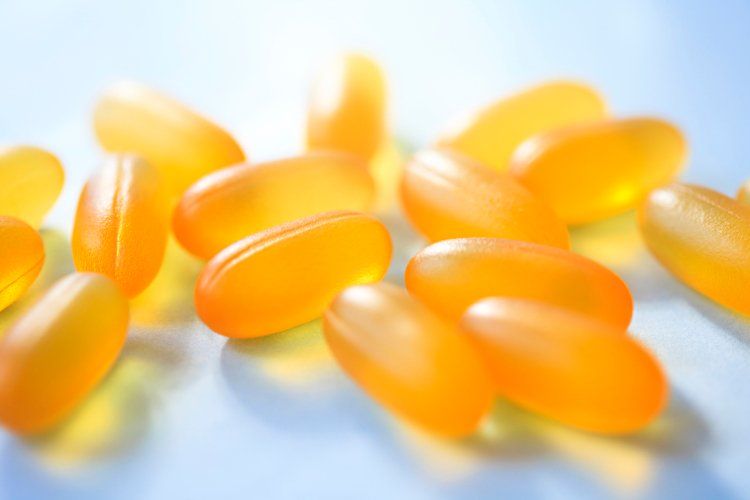
DHA-Rich Fish Oil Concentrate Boosts B-cell Activation in Obese Humans
The long-chain omega-3 polyunsaturated fatty acids eicosapentaenoic acid (EPA) and docosahexaenoic acid (DHA) enjoy a reputation as defenders of neural and cardiovascular health, but a human pilot study4 published in March 2018 used an ex vivo model of B-cell cytokines to show that a fish oil concentrate high in DHA, in particular, may modulate human B-cell activity in obese middle-aged subjects.
The linchpin may be DHA’s effects on inflammatory aspects of immunity, which have already been manifest in animal studies. That the fish oil provoked B-cell activation in humans is exciting, and the results suggest that DHA may uniquely contribute to immune function-holding promise for supplement brands and the public as the incidence of chronic inflammatory disease rises.
According to Steve Dillingham, global director, Organic Technologies’ AlaskOmega Ingredients (Coshocton, OH), the study’s major sponsor: “This study adds to the body of knowledge that supplementation with a high-DHA fish oil concentrate can help support healthy immune systems in select populations. While this pilot study’s results are certainly encouraging, much more research in this area is warranted.”
Photo © iStockphoto.com/evgenyb
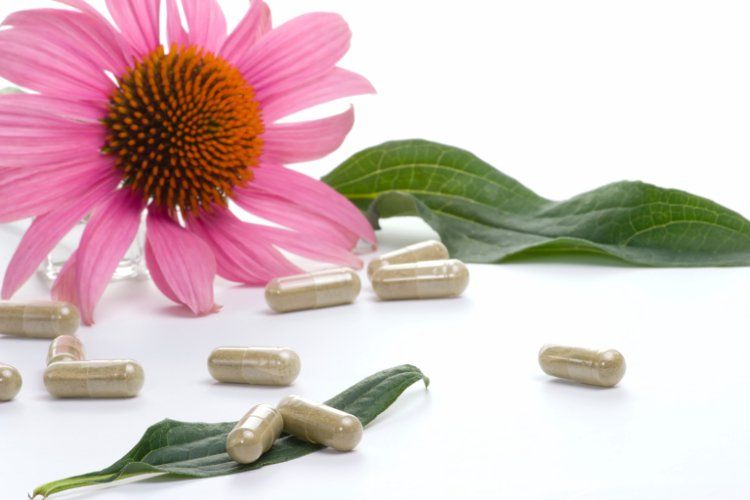
Echinacea Does It Again
Echinacea purpurea, a genus of herbaceous flowering plants in the daisy family, has seen wide use for immune support in Europe and North America for generations. And, notes Moran Werner Saido, product manager, Frutarom Health Ltd. (Londerzeel, Belgium), “Echinacea extracts have shown antioxidant, antibacterial, antiviral, and antifungal properties.” The plant’s antitussive and bronchodilator effects were demonstrated in pharmacodynamics studies, as well.
A randomized, placebo-controlled trial5 conducted in 2011 found that three weeks of oral supplementation with 500 mg of Echishield, an extract of cold-pressed juice from freshly harvested Echinacea purpurea flowers that Frutarom markets, stimulated immune function and thus improved quality of life in healthy subjects suffering from a constant feeling of fatigue. Levels of immune cells like lymphocytes, CD4+ cells, and T-cells increased significantly more compared to baseline values, while they remained unchanged in the placebo group.
Among the constituents identified as potential actives are polysaccharides, glycoproteins, alkylamids, caffeic acid derivatives, volatile oils, and alkaloids, Werner Saido says, and experimental data suggest that the extract’s immunomodulatory activity owes to three possible mechanisms: activation of phagocytosis and stimulation of fibroblasts; increased respiratory activity; and increased leukocyte mobility. “The cellular evidence of immune stimulation seems to translate into benefits for human health, although not all clinical studies reported consistent results,” Werner Saido says.
References:
- Mah E et al. “Beverage containing dispersible yeast β-glucan decreases cold/flu symptomatic days after intense exercise: A randomized controlled trial.” Journal of Dietary Supplements. Published online ahead of print on October 31, 2018.
- Townsend JR et al. “Effects of probiotic (Bacillus subtilis DE111) supplementation on immune function, hormonal status, and physical per-formance in Division I baseball players.” Sports, vol. 6, no. 3 (July 26, 2018): 70
- Lohner S et al. “Inulin-type fructan supplementation of 3 to 6 year-old children is associated with higher fecal bifidobacterium concentrations and fewer febrile episodes requiring medical attention.” Journal of Nutrition, vol. 148 (2018): 1300-1308
- Guesdon W et al. “Effects of fish oil concentrates on ex vivo B cell responses of obese subjects upon BCR/TLR stimulation: A pilot study.” The Journal of Nutritional Biochemistry, vol. 53 (March 2018): 72-80
- Fujii F et al. "The immunostimulating effect by ingestion of an Echinacea purpurea preparation." Pharmacometrics, vol. 80, no. 5 (January 2011): 79-87
